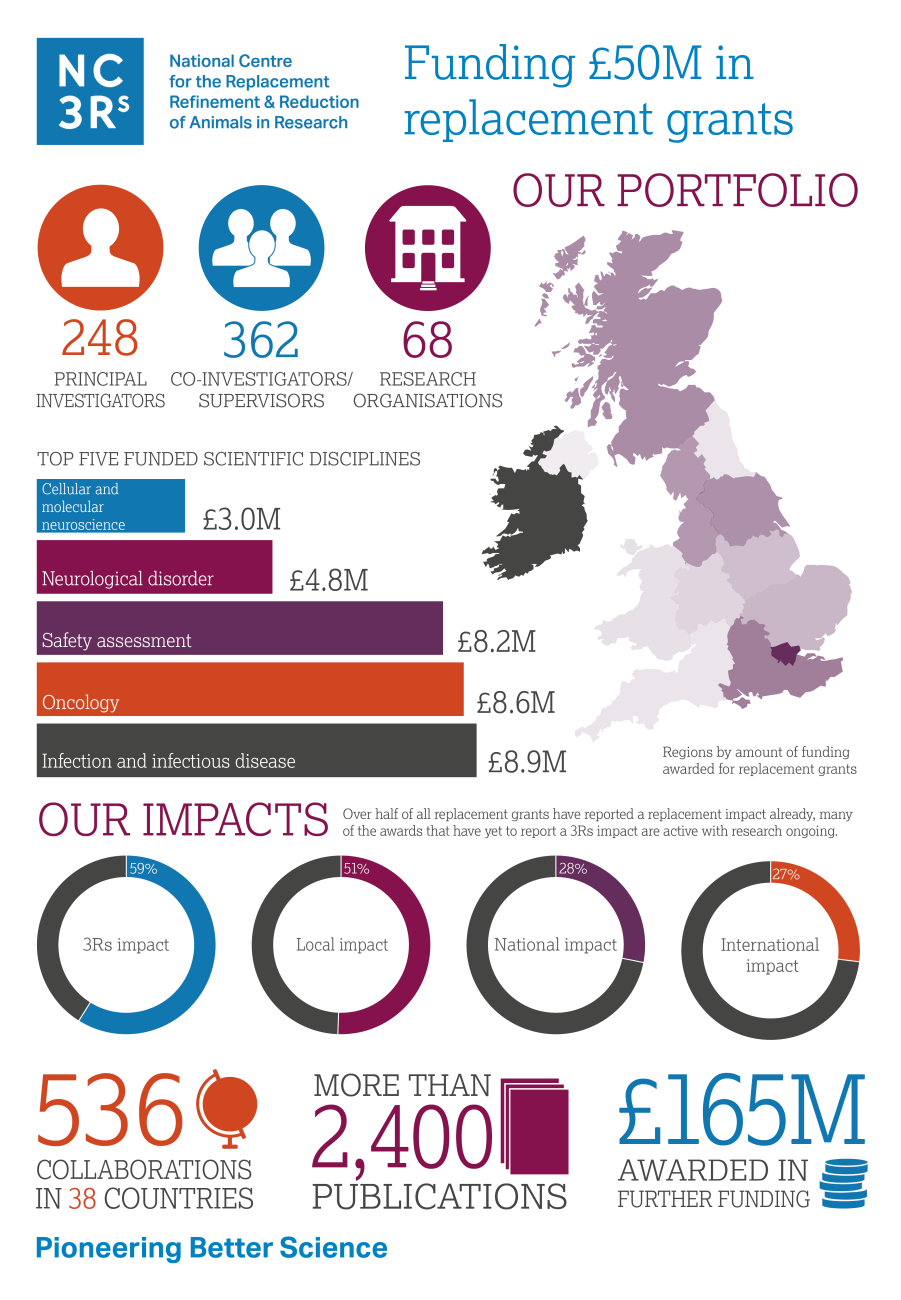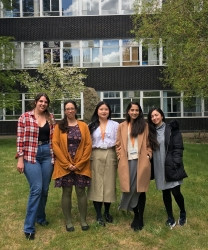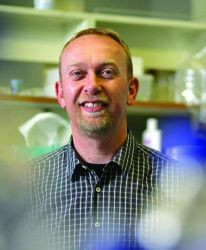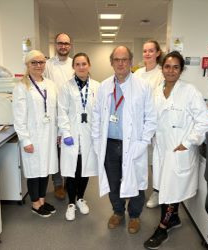News
£50M in replacement technologies
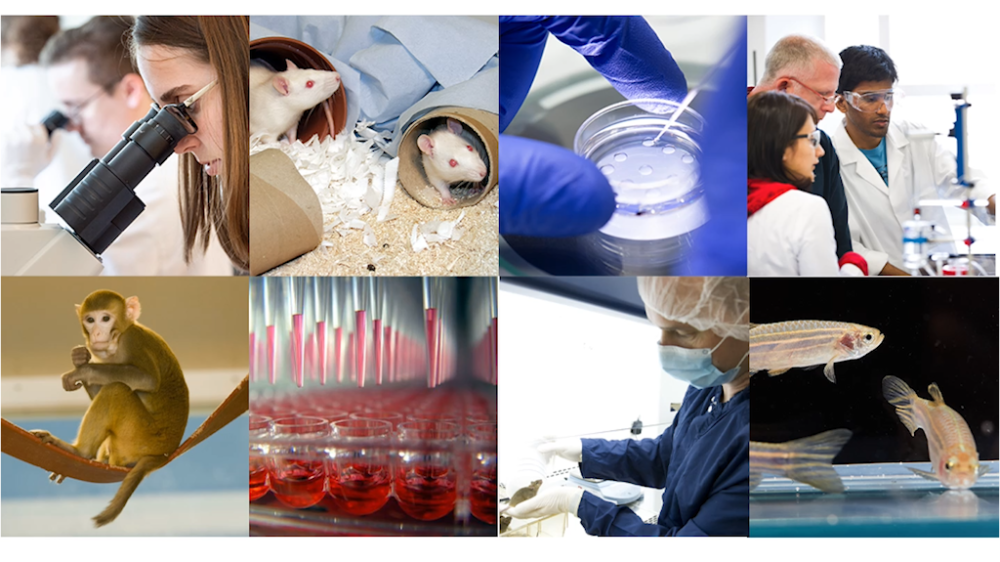
We have recently reached the important milestone of awarding over £50M to research to replace the use of animals.
We have funded the development of a range of complex in vitro and in silico models as well as supported the use of partial replacements through the use of so-called non-protected species such as the fruit fly, which based on current scientific thinking are not considered capable of suffering.
Read on to learn more about the outcomes and impacts arising from NC3Rs-funded replacement technologies including case studies from our grant holder's research.

